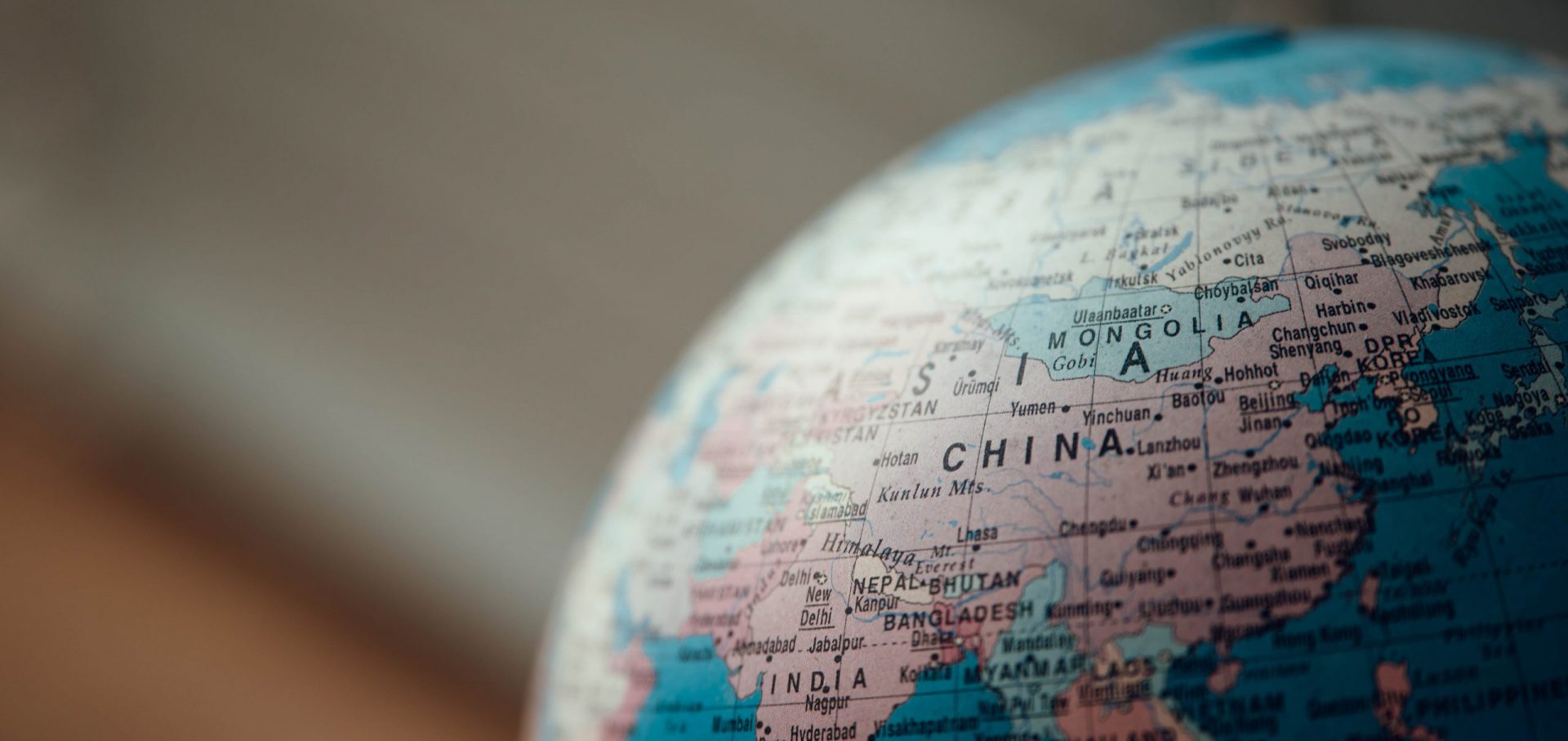Welcome on this site. I am working on different contributions (research articles, essays, book sumamaries, quantitative analyses, opinions) on three major categories: the World on China section deals with the Chinese civilizations in the light of international politics and its ascent as global superpower. The Eurasian Affairs section gives insight into a relatively new political concept of further developing the global political order and analyzes the geographical and political sphere in which more than 4.5 billion people live. The Global Economic Conflicts section shall provide insights into the redesign of global and regional economic institutions, applied policies and resulting conflicts in the light of the global struggle for power.
My works and writings are my personal ambition. You are invited to visit this page from time to time. I work on the different topics to improve my understanding of the world. I examine the structures, patterns and systems that I see as most relevant in terms of their impact on the world. Hence, these articles should not be considered as news that are outdated just after publishing. Instead, this site aims at providing a high quality political and economic analysis, which if being read ten years form now, one should still find valuable insight. Hence, I will take my time in developing these ideas and analyses and upload new contributions without any rush.
To give you a little preview: currently, I work on an a number of contributions:
- My longest term project is writing an article explaining the political concept of “Eurasia”. It is a political – much more than a geographic – concept dealing with the global shift in power from the United States as the only remaining superpower towards Asia. “Eurasia” aims at explains why and how the different civilizational entities on the Eurasian supercontinent are most likely going to live together. A supercontinent which spans from Lisbon, Portugal in the West, to the Russian autonomous region Chukchi at the Eastern boarder of the Russian Federation. The different cultural traditions and philosophies, economic structures, political systems, and different peoples will certainly not converge in identity. However, based on a new political and economic order, very different countries will engage in trade, build tight relationships, influence each other, creating value and prosperity for billions of people and finally reshape the global equilibrium of power. If you are interested in this topic, I recommend the books “The Dawn of Eurasia” by Bruno Maces and “The Future Is Asian” by Parag Khanna.
- Also, I currently read a lot with the goal of providing a solid overview of corporate share buybacks: what they mean for executive incentives and corporate innovation, why they promote shareholder activism, which implications they have for the broader economy and why the focus on shareholder value based financial capitalism might harm the long-term prosperity of the Western societies. Share buybacks mean that companies use their generated profits to repurchase outstanding share. Whereas more and more scholars, academics, politicians believe that this seemingly boring topic has had broad implications for US enterprises and its society, the concept of buybacks is now being used also by many European multionationals. Share buyback advocates believe that buybacks signal a strong financial position, increase the company value and boost shareholder profits. Critics see share buybacks as a corporate value extraction mechanism, a stock price manipulation tool, and a way that executives enrich themselves illegally. They blame buybacks for making the company less innovative, leave the employees worse off, lead to less consumer-based spending, a stagnation of wages despite a growing labour productivity and hence, a growing inequality. Well, fact is that share buybacks were prohibited by law until the 1980s by the stock market authorities such as the SEC, defining them as manipulation of the market. Since the Reaganomics liberalization however, buybacks have been made legal and its usage has soared eversince.
- Finally, I work on a book summary for the recently published book “The Chinese – Psychoanalysis of a World Power” (German title: Die Chinesen – Psychogramm einer Weltmacht). It describes the Chinese mindset, its cultural heritage and traditions, deals with Chinese history, the way Chinese think about government, statecraft, the economy, the role of the family, the influence of Chinese philosophy and why the Chinese mindset is so different from any other civilization. I found the book so interesting, because it (although you will see that it has some flaws) does its best to truly understand the Chinese civilization. The book is written by a German Chinese married couple and it revealed several very interesting perspectives on a civilization which has unfortunately no visibility in Western media. As China will certainly be a dominant force in the 21st century, and I think that every noble person should be curious to learn about new peoples, I currently work on some central ideas of the book.

